On Aug. 17, the Cannabis Regulators of Color Coalition (CRCC) held an online panel to elaborate on a recently released paper expressing the group’s opinion that, if not changed, the SAFE Banking Act and related legislative provisions will perpetuate or worsen equity issues in cannabis.
The CRCC partnered with The Ohio State University’s Drug Enforcement Policy Center at the Moritz College of Law to host the event, held via Zoom, presenting their case on the shortcomings of SAFE Banking language to date and offering ten suggestions on how it can be improved to promote equity in both cannabis and finance.
The diverse group of high-ranking cannabis officials debunked some commonly held beliefs about SAFE Banking, backing their conclusions with data and firsthand experience leading state and city cannabis programs.
“It’s often claimed that SAFE Banking is being passed for equity,” said Cat Packer, former Executive Director of the Los Angeles Department of Cannabis Regulation. “The reality is that the act has been passed seven times but hasn’t mentioned equity once.”
Flaws in Existing SAFE Banking Provisions
The CRCC’s position acknowledges the potential benefits of SAFE Banking, though their paper points out that it might not even be needed: despite hundreds of financial institutions already providing services to cannabis businesses, to date only one credit union has been penalized by enforcement actions.
Their position against the bill comes down to one main idea: the financial services industry has a long history of racial disparity, so there’s no reason to expect it to change without explicit direction. Since proposed cannabis banking protections don’t force financial institutions to work with cannabis companies and leaves decisions about loan eligibility to their discretion, providing safe harbor may only worsen racial inequity in the cannabis industry.
“Increased access doesn’t mean equal access,” said Rafi Aliya Crockett, a commissioner of the D.C. Alcoholic Beverage Control Board.
The CRCC also mentions the practice of redlining, the banking industry’s denial of mortgages to people who live in Black or immigrant neighborhoods, and how its growth coincided with the efforts of Harry Anslinger and the government to negatively associate cannabis use with Black and Hispanic minorities.
“We’ve been working at this since the 1930s,” said Dasheeda Dawson, Cannabis Program Manager for the City of Portland.
Recommendations for Equitable Cannabis Banking
The CRCC panel presented 10 recommendations designed to specifically improve SAFE Banking and broadly increase equity in both banking and cannabis. Of particular note was the first suggestion to use revenue collected under IRS Section 280E to create a fund supporting businesses owned by people harmed by the war on drugs. Section 280E is part of the tax code that allows many companies to write off normal overhead expenses, but doesn’t apply to the cannabis industry.
Since the IRS collects billions of extra dollars from cannabis companies that can’t use 280E write-offs, the coalition suggests redirecting a portion of this money to people impacted most by the drug war.
“We aren’t advocating that 280E [not applying to cannabis] is a good thing,” explained Shaleen Title, former commissioner on the Massachusetts Cannabis Control Commission. “Of course it should be reversed, but while it’s not, it should be used to address the harms of the war on drugs.”
Other recommendations related to reporting on equity-related best practices, compliance with equitable banking standards like the Equal Credit Opportunity Act, and explicit protections for Minority Depository Institutions (MDIs) and Community Development Financial Institutions (CDFIs). The group also suggested clarification that cannabis-related criminal records should not be an automatic red flag when evaluating suitability for a loan.
What’s Next for SAFE Banking?
The CRCC’s warning on cannabis banking comes amid a period of speculation among industry stakeholders and advocates about the possibility of passing federal legislation. The SAFE Banking Act has passed the House of Representatives as a standalone bill or with a larger spending package seven times, including last month in the National Defense Authorization Act, part of the federal defense budget. Around the same time, a bill allowing cannabis companies to advertise on television and radio was introduced into the Senate committee that regulates the Federal Communications Commission.
Perhaps most notably, Sen. Cory Booker (D-NJ), who once vowed to block any standalone cannabis banking legislation that didn’t address equity, recently said he’d be open to a “SAFE Banking plus bill” that includes provisions to help small and minority-owned cannabis businesses. Noted cannabis analyst Pablo Zuanic said in August that considering recent legislative activity and hints towards compromise by Congress, the passing of SAFE Banking alone in this year’s session would be a “worst case scenario” for 2022.
Much remains uncertain, but one thing is clear: these negotiations between business groups and advocates for equity like Sen. Booker and the CRCC will decide who gets to reap the economic benefits of one of the country’s largest and fastest-growing industries.
]]>
